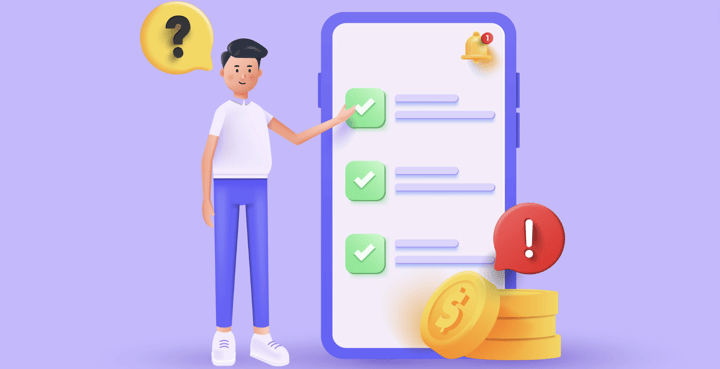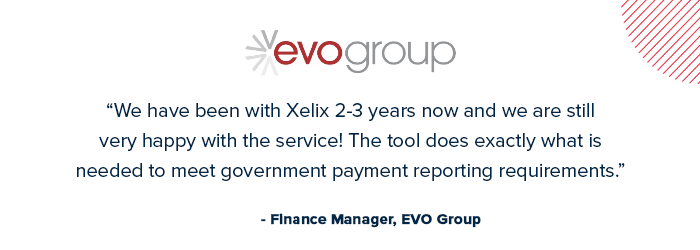
The Prompt Payment Code sets the standard in payment terms and is the driving force in bringing change in payment practices. In 2008, the UK Government established a set of principles under this title to ensure businesses commit to paying their suppliers on time. Since its launch, the amount of money owed to smaller businesses in late payments has more than halved.
What is the Prompt Payment Code?
The Prompt Payment Code is administered on behalf of the Small Business Commissioner’s Office by the Chartered Institute of Credit Management (CICM) and despite being voluntary, to date there are more than 2,500 different signatories. Those that sign, are required to:
- Pay their suppliers on time and within the terms agreed by the contract. They should not attempt to change the payment terms and length retrospectively.
- Provide clear guidance to suppliers. This includes offering clear guidance on payment procedures and ensuring there is a system for handling disputes and complaints.
- Encouraging best practice by asking suppliers to promote adoption of the code throughout their supply chains.
Those who sign the framework agree to pay 95% of their suppliers within 60 days, working towards adopting a 30-day window period as the norm.
How strict is the Prompt Payment Code?
The UK government announced tougher rules will be enforced around the Prompt Payment Code (PPC) to protect jobs and drive growth after an extremely turbulent, post-pandemic economy.
The UK government announces that tougher rules will be enforced around the Prompt Payment Code (PPC) in order to protect jobs and drive growth after an extremely turbulent, pandemic-fuelled 9 months.
Companies signed up to the Prompt Payment Code will now be required to pay small business suppliers (<50 employees) 95% of invoices within 30 days – a significantly shorter timeframe than the previous requirement of 60 days. For larger suppliers, however, it remains at 60 days.
Poor payment practices are extremely common. A huge £23 billion of delayed invoices are owed to companies across England, Scotland and Wales, affecting both their cash flow and their survival. Around 50,000 businesses are shut every year in Britain due to late payments according to The Federation of Small Businesses (FSB).
Suppliers can now add interest to delayed invoices and any non-compliance will be investigated. Breaches will be communicated publicly by the Small Business Commissioner’s Office, and the companies in breach will be listed on the official Prompt Payment Code website.
Small businesses are the backbone of our economy
“Small companies are the backbone of the economy but remain most at risk from a late or unpaid invoice – particularly after months of pressure on cashflow. Businesses have been making good progress, but more can be done.”
– Matthew Fell, The Confederation of British Industry’s Chief UK Policy Director.
Small businesses make up two-thirds of employment in Britain, in the private sector. Late payments are significantly shortening the life span of such firms, which in turn, is very damaging for the UK economy.
“Today, we are relieving some of the pressure on small business owners by introducing significant reforms to the UK payments regime – pushing big businesses to pay their suppliers on time”
said Small Business Minister Paul Scully.
The key changes to the Prompt Payment Code in 2021
- It is now mandatory for a company’s CEO or Finance Director, or the business owner of a small business, to personally sign the Code and take responsibility for payment practices.
- A new PPC logo will be introduced for signatories to use in all communication, making it immediately noticeable if logo is removed.
- Acknowledgement that suppliers can charge interest on late invoices is required from signatories.
- Investigations will be conducted on breaches of the PPC.
The government believes these changes will bring good payment practices between companies and a culture of supporting small businesses at a crucial time.
Xelix is being utilised by a number of businesses across the UK (and Australia) to ensure easy, effective and compliant reporting on their payment practices. As well as providing the numbers, Xelix alerts businesses when they are in danger of breaching the code, ensuring they maintain their position as a trusted signatory of the Prompt Payment Code.
Book a demo today and discover how Xelix can remove your PPC headache and support you to support the UK economy.
Content that may catch your eye






